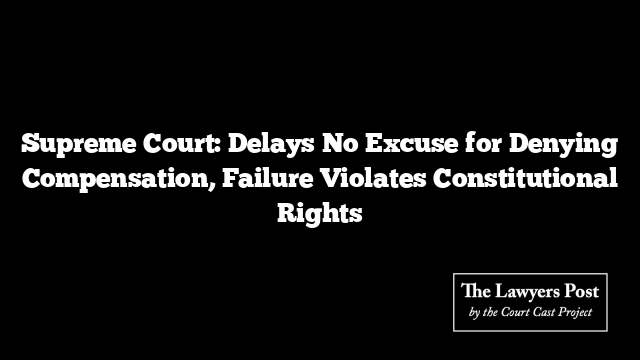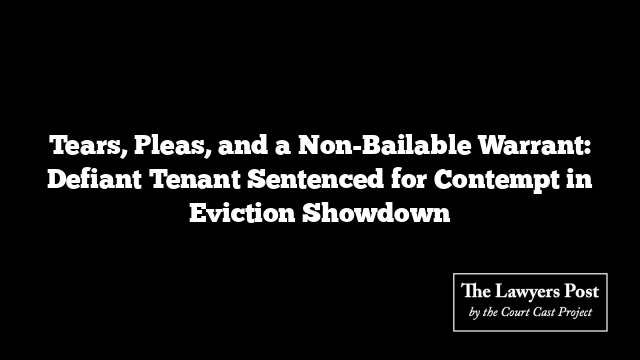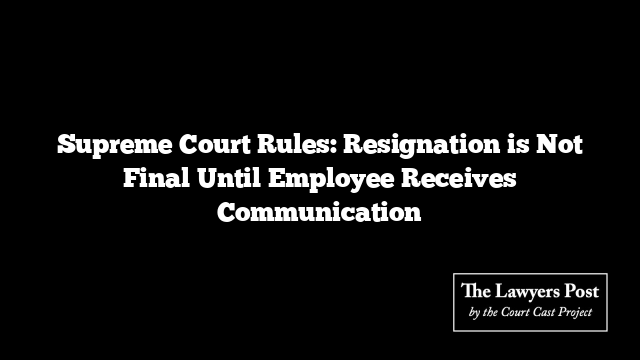In a landmark ruling, the Supreme Court has emphasized that compensation for land surrendered for public purposes, such as road development, must be paid without delay or the need for formal requests. This decision underscores that any failure to compensate landowners promptly is a breach of Article 300-A of the Constitution, which guarantees the right to property.
A bench led by Justices BV Nagarathna and Nongmeikapam Kotiswar Singh overturned prior decisions by the Bombay High Court, which had dismissed compensation claims due to procedural delays. The Court made it clear that compensation, once determined, should be granted without requiring further appeals or representations from landowners. The ruling highlights that the state is obligated to act, and any failure to do so violates constitutional property rights.
The case involved multiple landowners who had surrendered their property to the Municipal Corporation of Greater Mumbai (MCGM) for public amenities. The court dismissed MCGM’s defense of delays, arguing that no third-party rights were impacted and that the state’s own inaction had contributed to the holdup.
This ruling comes after several appeals by landowners who had developed amenities at their own expense, expecting compensation through Transferable Development Rights (TDR) and Floor Space Index (FSI) as outlined in state regulations. The court upheld the owners’ claims and instructed MCGM to complete the compensation process swiftly, dismissing further objections from the municipality.
This verdict is a pivotal reminder that public bodies cannot use delays to shirk their duty to compensate landowners and that constitutional protections against arbitrary deprivation of property remain strong. The court’s decision affirms that justice delayed does not have to mean justice denied, especially where property rights are concerned.





